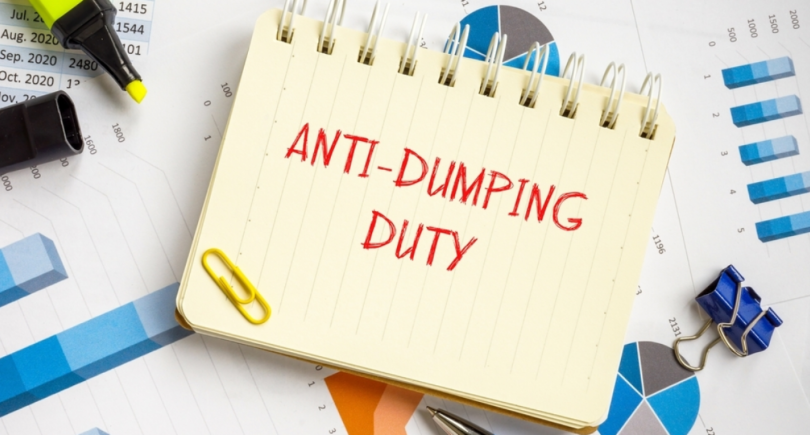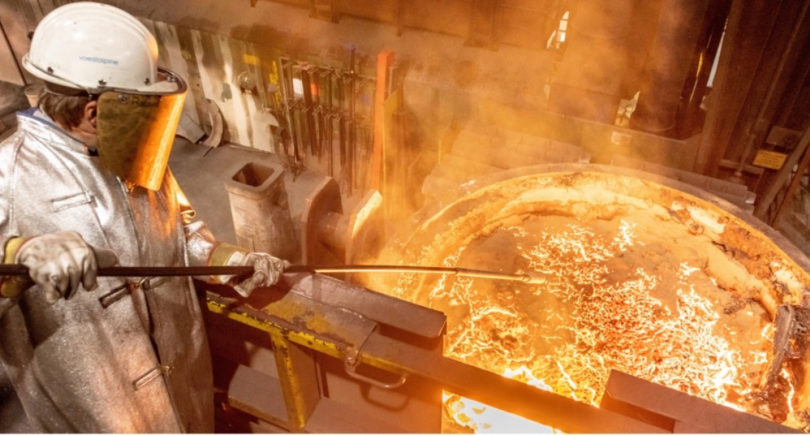
News Global Market CBAM 1366 08 July 2024
European Commission Director-General Gerassimos Thomas, led by representatives of the Directorate-General for Taxation and Customs Union (DG TAXUD), visited New Delhi in early July to discuss a wide range of tax and customs issues, including the EU’s CBAM. This is stated in the message of the Directorate.
The mission was aimed at aligning the efforts of Indian and European industries to decarbonize and address the challenges faced by Indian businesses under CBAM.
During the visit, Thomas met with key Indian government officials and industry stakeholders.
«Europe is a net importer of CBAM goods and wants to make sure that we continue to import goods with the lowest possible carbon intensity to contribute to decarbonization globally. The CBAM ensures that imported goods are treated in the same way as those produced in the EU. The mechanism is non-discriminatory and has a very gradual phase-in to ensure maximum predictability for investors and businesses,» Thomas said.
The EC representative praised India’s plans to decarbonize its economy, emphasizing the joint commitment of the EU and India to cooperate in addressing environmental issues.
The visit provided a platform for discussing the challenges faced by Indian businesses in implementing CBAM. The European visitors tried to understand how this could affect small and medium-sized enterprises (SMEs) in India, despite the fact that the mechanism is primarily aimed at large businesses.
The parties agreed to continue technical meetings with the Indian Ministry of Energy and the Bureau of Energy Efficiency. The CBAM transition assessment report is to be submitted to the European Council and the European Parliament by the end of next year. This document will be made public, giving Indian industry and authorities the opportunity to comment and participate in further discussions with the European Commission.
In addition to the CBAM, the visit emphasized mutual interest in carbon trading markets, pricing mechanisms, and cooperation in energy efficiency, renewable energy, and clean technologies.
Japan and South Korea will cooperate in consultations with the EU on the CBAM. Both countries are committed to working together in response to the uncertainty surrounding the European mechanism. A key issue is the confusion surrounding the reporting system, which requires detailed data on carbon emissions from steel exports to the EU.




